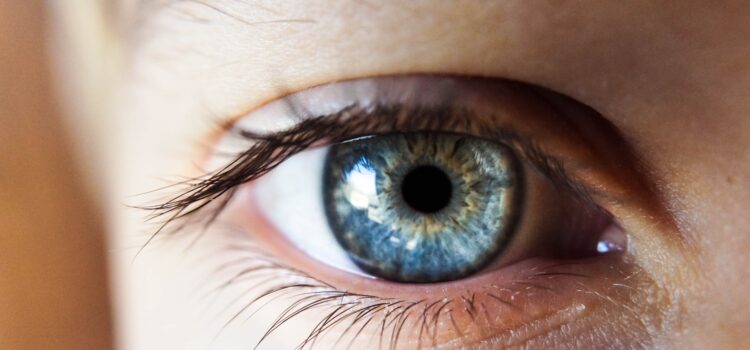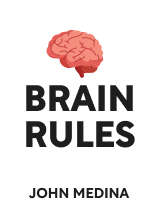

This article is an excerpt from the Shortform book guide to "Brain Rules" by John Medina. Shortform has the world's best summaries and analyses of books you should be reading.
Like this article? Sign up for a free trial here .
Do you know what sense you use the most? Why is vision the most important sense?
Dr. John Medina argues that vision is the most important human sense because it takes up half the brain to process visual information. Vision also dominates the other four senses because it shapes how you see the world.
Here’s Medina’s explanation for what the most important sense is, and why it’s vision.
Vision Is the Most Vital Sense
In Brain Rules, Medina explains what is the most important sense: vision. He argues that vision leads and influences all of the other senses, shaping our perception of the world and influencing our learning and memory.
Medina describes how the brain processes visual information, and how it stays dominant despite its faults.
How the Brain Processes Visual Information
While it’s easy to think that seeing is straightforward, it’s actually a complicated, energy-consuming process. To understand all of the sights around us, the brain needs to take many steps to process this visual information.
Seeing begins when visual information passes through the retina, the part of the eye that processes visual information. The visual stimuli then go on a complicated journey through the brain: from the optic nerve to the thalamus, which distributes sensory information across the brain, then from the thalamus to the visual cortex, which processes visual information, and then on to the brain’s interpretive regions.
The information eventually forms into two different streams of visual information: the ventral stream, which determines what object the visual information represents and what color it is, and the dorsal stream, which determines where the object is located and if it is moving.
Because of how complicated this process is, about half of the brain is dedicated to vision—more than any other sense. Medina notes that there’s a reason the brain jumps through so many hoops to see the world accurately. Out of all the senses, vision helps us understand the world around us the most. Importantly, the sense of vision requires the brain to take extra effort to see clearly.
Vision Dominates Other Senses
Medina says that as the most important sense, vision can overrule other sensory input. Vision shapes how we see the world more than other senses, so if we receive contradictory information from multiple senses, vision tends to win out. For example, if you eat candy that comes in an assortment of colors, you might think that they all have different flavors, even if they’re all the same.
(Shortform note: The tendency of vision to override other senses, even when inaccurate, is called the Colavita visual dominance effect. While most people experience this effect, research shows that people with autism spectrum disorder may experience the reverse—in one study, hearing overrode vision for autistic subjects, even though vision overrode hearing for subjects without ASD. This “reverse Colavita effect” shows that, despite established patterns, many people process information differently.)
The dominance of vision over other senses seems to be written into our DNA. Medina writes that, throughout human history, the senses of vision and scent have struggled for genetic dominance. Vision has taken the upper hand, which is arguably what is the most important. Senses all have their function and purpose, but half of the brain relies on vision, unlike scent. Medina notes that our smell-related genes have lost genetic dominance at a consistent rate, leaving vision to lead the pack of the senses.
(Shortform note: Medina cites extensive evidence that visual dominance is ingrained in our brains, even being dominant in our DNA. However, some have argued that the dominance of vision may be overstated, arguing that vision is seen as dominant only because it’s been researched more than other senses, and because vision is culturally dominant in Western societies. Such critics say that more research is needed to determine whether vision is conclusively dominant or if other senses may be equally dominant.)

———End of Preview———
Like what you just read? Read the rest of the world's best book summary and analysis of John Medina's "Brain Rules" at Shortform .
Here's what you'll find in our full Brain Rules summary :
- An explanation of how the brain works in a simple and accessible way
- The 12 rules that help fulfill the core functions of the brain
- How to improve your thinking and learning abilities






